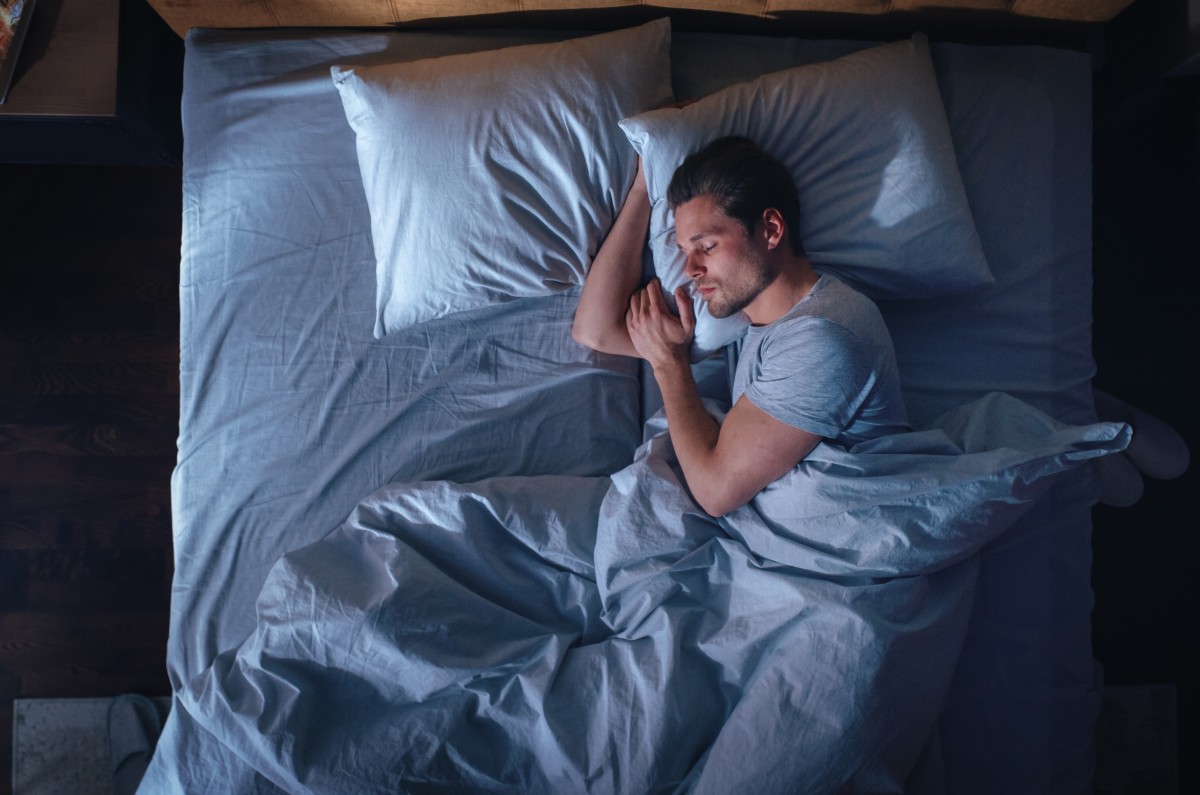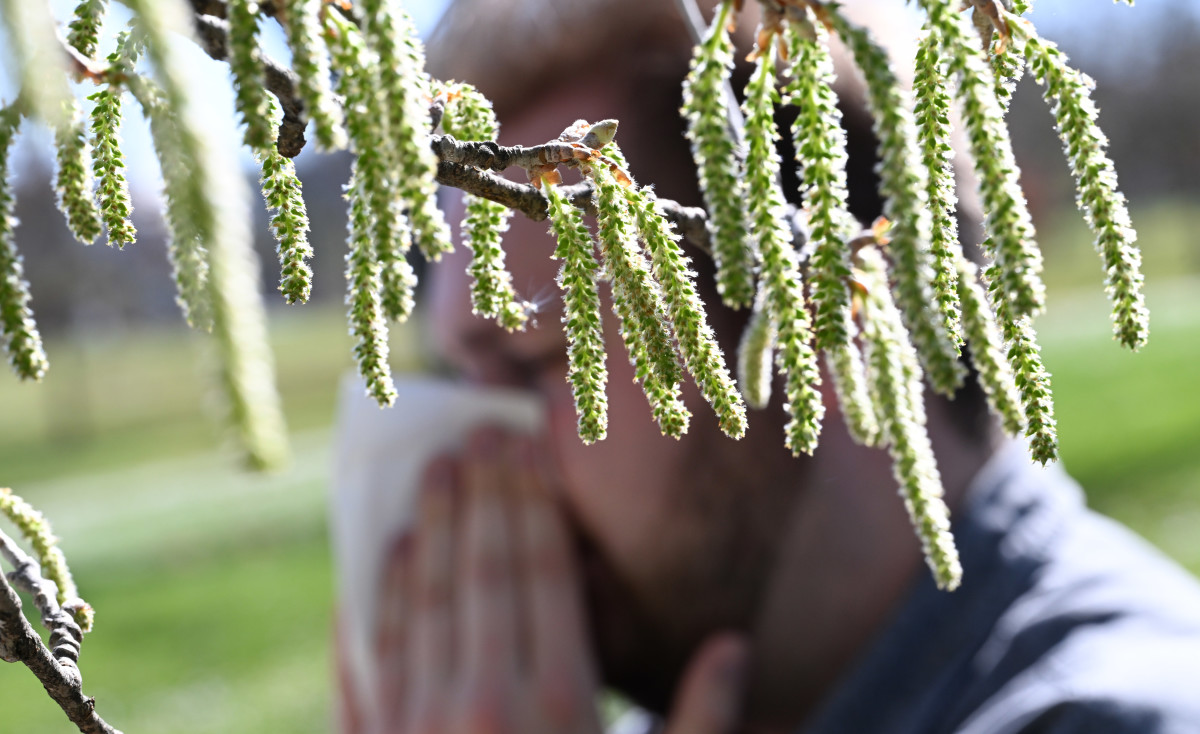
Together with getting train and consuming a nutritious food plan, sleeping for 7-9 hours an evening is on the high of each physician’s record of habits that can preserve you wholesome. Specialists warn that skimping on sleep can result in a spread of well being points, from hypertension to weight problems to weakened immunity. Nonetheless, a brand new research is difficult these pointers, suggesting {that a} uncommon mutation within the SIK3 gene may permit the mind to operate on much less sleep than the typical individual wants.
The research, initially revealed in Proceedings of the Nationwide Academy of Sciences, discovered that genetically engineered mice that carry the SIK3 mutation slept about 31 minutes much less per day than mice with out the mutation.
Researchers additionally found that the mutation was most lively within the components of the mind the place nerve cells talk. This means the gene may assist the mind “reset” extra effectively with out as a lot sleep.
Associated: Why Boxers Are At all times Shredded—and How They Prepare With Nearly No Tools
This isn’t the primary time scientists have linked genes to needing much less sleep. Years in the past, the identical analysis group studied a mom and daughter who naturally slept six hours or much less every evening however nonetheless wakened feeling well-rested. They found the pair shared a uncommon genetic mutation in a gene liable for regulating the physique’s inner clock.
“Our our bodies proceed to work once we go to mattress,” co-author Ying-Hui Fu, a neuroscientist and geneticist on the College of California, San Francisco, informed Nature. “These folks, all these capabilities our our bodies are doing whereas we’re sleeping, they will simply carry out at a better stage than we are able to.”
Except for the SIK3 gene, the researchers additionally recognized 5 mutations in 4 totally different genes that may contribute to needing much less sleep. However in line with the researchers, totally different household lineages possess totally different mutations.
“These findings advance our understanding of the genetic underpinnings of sleep, spotlight the broader implications of kinase exercise in sleep regulation throughout species, and supply additional assist for potential therapeutic methods to reinforce sleep effectivity,” researchers mentioned.







